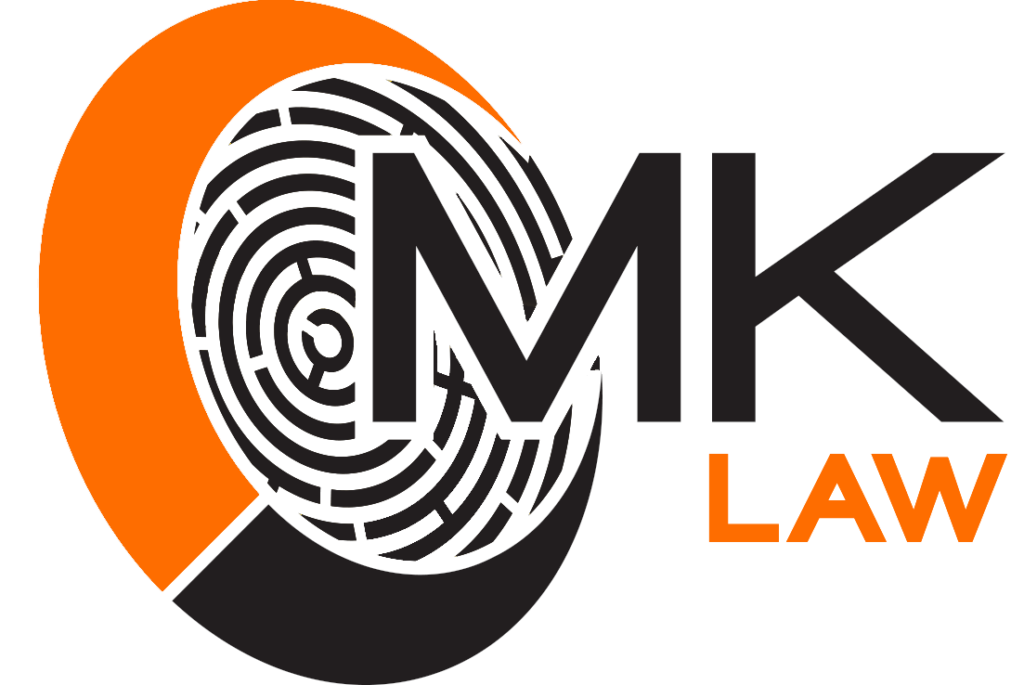The Automated Vehicles Act 2024 was passed into law on May 20, 2024. This means over the coming months and years, manufacturers will launch new driving features. These features may lead to the ‘driver’ simply sitting back and enjoying the ride. We could just call it a taxi experience without the need for the taxi driver small chat!
A self-driving vehicle has at least one self-driving feature, delivering sufficiently high levels of automation that it meets a legally defined threshold and is capable of safely driving itself with no human input. Such features could provide self-driving capability for all or part of a journey.
The ‘User in charge’ concept
Despite the driving experience being managed by silicon chips, the law introduces a novel concept of ‘user-in-charge’. This term refers to the individual who is physically present in the vehicle and has the ability to control it, even if they are not actively doing so.
The law provides that ‘the user-in-charge of a vehicle is to be taken for the purposes of any enactment to be the driver of, and driving, the vehicle.’
Unsurprisingly, the Automated Vehicles Act 2024 brings about extensive changes to current road traffic provisions. These modifications are crucial to ensure that criminal offences can be applied to self-driving vehicles, thereby maintaining safety and order on the roads.
Immunity from prosecution, but only in some circumstances
The Act provides that, in certain circumstances where an authorised automated feature is engaged, an individual in the vehicle and in a position to operate the driving controls (referred to as a “user-in-charge”, or UiC ) may claim an immunity for offences arising from the way the vehicle is driven. If a self-driving feature requires a responsible human inside the vehicle (e.g. because it can only complete part of a journey such as for a motorway chauffeur system), that human is the driver while the feature is disengaged and becomes a UiC when the self-driving feature is engaged. The UiC will not be responsible for the way the self-driving vehicle drives when the feature is engaged.
The interplay of liability between the vehicle and the user-in-charge is incredibly complex, and it is likely that the criminal courts will soon be grappling with how the Act is to be properly interpreted and applied in a real-world situation.
We will be watching this area of criminal law with great interest, and all of our team members are equipped to advise anyone accused of or charged with an offence involving an automated vehicle.
How can we help?
We ensure we keep up to date with any changes in legislation and case law so that we are always best placed to advise you properly. If you would like to discuss any aspect of your case, please call us on 0208 692 2694 or use the contact us form below. We also have a dedicated section on the website relating to general Driving offences.
Photo by Samuele Errico Piccarini

